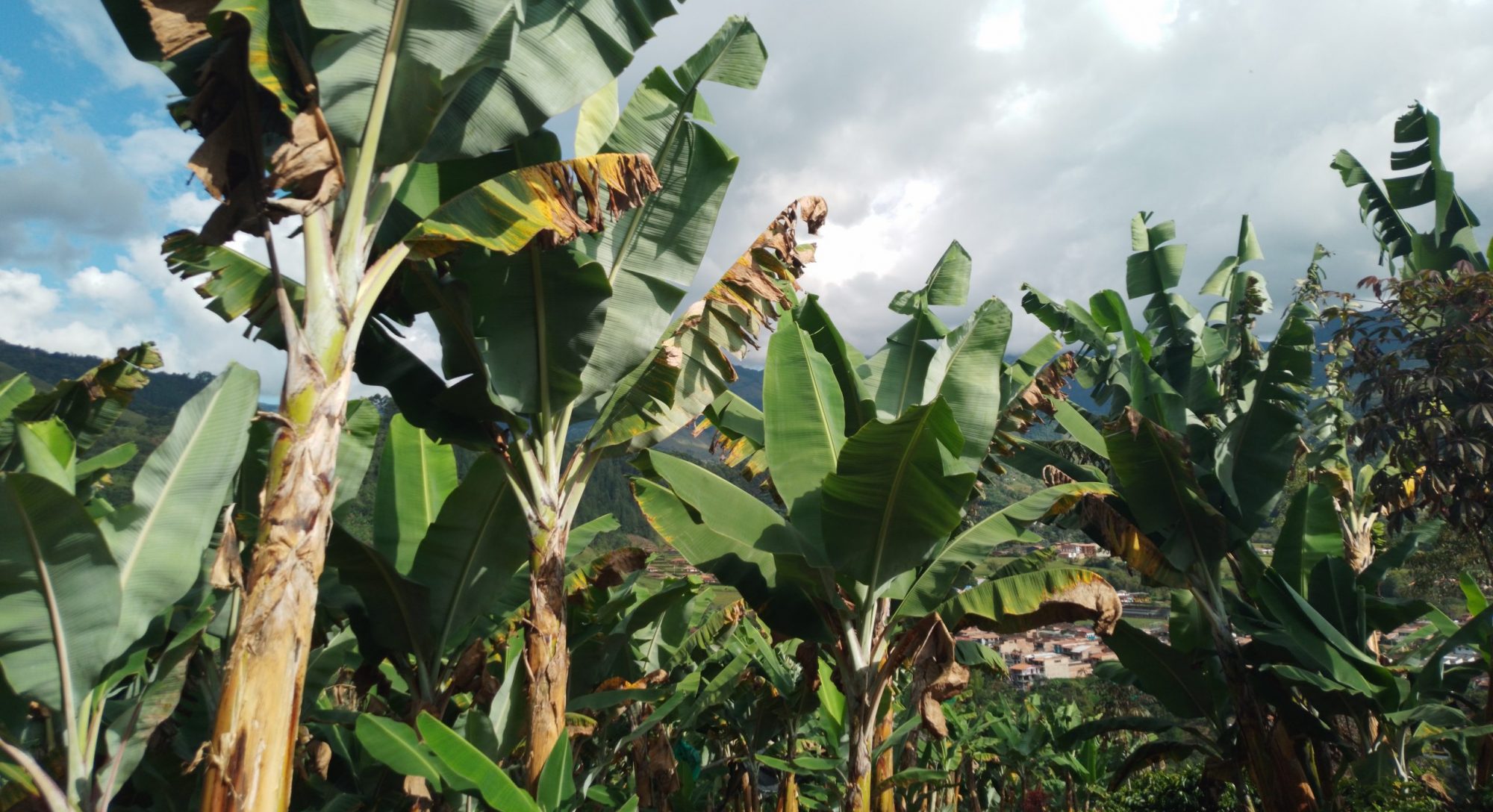
Sponsored Sessions, RGS-IBG Annual International Conference 2025, Birmingham
To all that are attending the RGS-IBG Annual International Conference this year, we wish to draw your attention to the following sessions that we are sponsoring:
- Gilbert et al.: Aid after USAID
- v. Gough & Langevang: Cultural and Creative Industries (Re-)Shaping Africa
- Loong: Political Geographies of Foreign Aid
- Ruwanpura & Ramasar: Polycrisis and Decolonization
- Shaban & Demeritus-Arenas: Future of Creative Cities
We hope attendees will be able to participate in the scholarly discussions raised during these sessions. Further information can be accessed by attendees at the RGS website, which provides the full programme here: https://www.rgs.org/research/annual-international-conference/programme
We also warmly invite everyone to join our DevGRG members for an informal get together over lunch at the conference on Thursday, 28 August from 13:10 – 14:25 at the Muirhead Building, Room 113 – the meet-up is in person only, and don’t forget to bring your lunch! The social is officially scheduled in the programme, so please do check back there in case there are any changes to the location.
————————————————————————————————————–
Call for Sponsored Sessions, RGS-IBG Annual International Conference 2025, Birmingham
The RGS-IBG Development Geographies Research Group invites session proposals for sponsorship by our Research Group for the 2025 RGS-IBG Annual International Conference.
AC2025 will take place at the University of Birmingham, and online, from Wednesday 27 to Friday 29 August 2025.
There are several advantages to having your session sponsored by us:
Sessions will be tagged in the conference programme with the Research Group’s name giving organisers the opportunity to promote their session through our Research Group networks (Twitter, Bluesky, our website, and our emailing list).
Sessions nominally won’t overlap in the conference programme – this is especially relevant if you’re organising more than one session.
Session organisers can apply for a guest pass which covers the registration fee for a day’s in-person or online attendance at the conference (but not travel or accommodation) – this is especially valuable for presenters and/or partners based in the Global South, and early career or independent researchers without institutional support.
Early career presenters are eligible to enter the IDPR/DevGRG Early Career Prize, awarded in partnership with the International Development Planning Review journal. This year’s winners have been announced here.
—
Please note, session sponsorship does not include financial support beyond the limited number of guest passes available.
The Chair of the 2025 conference is Professor Patricia Noxolo (University of Birmingham, UK) and the conference theme is Geographies of Creativity/Creative Geographies.
We are keen to sponsor sessions that directly relate to the conference theme but also those sessions that engage with broader issues of contemporary concern to development geographers. The sessions can be pitched as paper panels, roundtables, workshops and sessions that include development practitioners. We strongly encourage innovative and inclusive formats. We also strongly encourage sessions which are led by or include scholars or practitioners based in the Global South.
Guidance from the RGS-IBG for organising sessions is available here.
Opportunities for hybrid sessions are available, but very limited. They will be allocated on an open, competitive basis, with priority for innovative sessions that make the most of hybrid opportunities and functionality. You will need to think in advance whether to pivot to in-person only or online only if you are not successful. Guidance on formats can be found here.
The deadline to apply to DevGRG for session sponsorship is Monday, 27 January 2025 at 5pm. Please email DevGRG Chair Dr Katharina Richter (k.richter@bristol.ac.uk). We will notify you as soon as possible. There are no forms, if you are interested, please email us with the following information:
- Title of session
- Name of co-sponsoring groups (if applicable)
- Name, affiliation, and contact details for session convenors
- Session abstract (max 300 words, excl. references)
- Indication (if known) of preferred session format (in-person, hybrid, or online) and session type (papers, panel, workshop, etc.). See here for some suggestions. Sessions will be limited to two timeslots in the programme. A timeslot is 1 hour 40 minutes
- Indication of any non-standard arrangements and/or hybrid session requirements (and a justification how the hybrid session would be competitive).
Details of the individual papers in the session are not required at this point.
Please also indicate if you are applying or intend to apply for sponsorship with any other research group.
For more information on the RGS Development Geographies Research Group see https://developmentgeographiesrg.org/.
For more information on RGS Annual International Conference see: https://www.rgs.org/research/annual-international-conference
Full call for sessions can be found here:
https://www.rgs.org/research/annual-international-conference/call-for-sessions-papers-and-posters
